On May 23rd, the Trump administration will make a decision that could devastate some 50,000 Haitian refugees who immigrated to the United States after the destructive earthquake in 2010 that killed over a quarter of Haitians. Within months, Haitian refugees that survive under temporary protected status in the United States could be forced to leave after having lived here for many years. The Obama administration extended the temporary protected status many times, considering Haiti has not yet recovered from the earthquake. There are still housing shortages, cholera, economic damage, and limited access to medical care. However, the earthquake is not the only reason that Haitians seek refuge, and not everyone is lucky enough to obtain protected status. Many people end up detained and deported.
In February, we traveled to Miami, Florida for a lab focused on immigrant detention. Marleine Bastien, Executive Director of FANM shared her experience of arriving in 1981 as a young refugee. She volunteered at the Haitian refugee center, which at the time was the only agency providing legal services to newly arrived refugees. She spoke of how she had always thought of America as the beacon of human rights, but was gravely disappointed. Refugees come to America for a reason; to escape to a better life. She says that there are pressures that cause people to come, not just because they want to. They come in search of a safe haven, but instead they find themselves detained, and very few have the chance to state their reasons for seeking refuge.
“A lot of [refugees] have histories of abuse and of trauma, so we need to create a space so that these refugees and these immigrants have a chance to explain in front of a court and we are obligated by law to create and afford them this basic right. [..] But more and more detained and incarcerated refugees and immigrants are not given that chance.”
Since 2005, nearly a million people have been prosecuted for crimes related to illegal entry. Of those incarcerated, 2.5 million are deported. Some of this is due to overcrowding. Bastien states that detention divides families and there are often cases of physical and sexual abuse that go unreported. She advocates for spaces in which refugees can tell their stories and make a case for themselves.
“It is best to afford them the right of due process. Create a space for them to tell their stories, and once they tell their stories, you’ll see that they have strong political asylum claims. And once they [obtain asylum] in a year they can become a permanent resident, and in three years they can become a US citizen.”
Bastien is a licensed clinical social worker and the executive director of FANM, an organization with a mission to empower Haitian women and their families socially, politically and facilitate their adjustments to South Florida. At our lab, she recited a poem she had written in regard to Haitian women who seek refuge in the United States:
We are the women of the world
Lost in a foreign land.
Shamed, Denied, Violated
Tortured, Dilapidated, Maimed
Intimidated, Crushed
Victimized, Abused.
We are the wives, the fiancés, the mothers, daughters
Forced to leave our motherland in conditions not fit for human beings.
We risk our lives in not sea worthy vessels.
After many trials, adversities and tribulations
We make it to the land of the free.
The land of the free?
During our worst nightmare, the dream of being comforted
By the sweet arms of water liberty keeps us going.
Hoping that reality sinks in.
Our dreams are shattered
Steel iron bracelets on our ankles, scars deep in our flesh
Scars that last a lifetime.
Oh yes, we are wide awake right now.
The cold feel of handcuffs leave bruises.
It hurts.
The thumping of heavy metal doors takes away our last hope.
What crimes have we committed?
We are the women of the world in search of a safe haven,
Yet jailed? Treated like criminals?
Who have we killed? Who have we robbed? Who have we maimed?
Is it a crime to seek protection? Safety for our children?
Respect? Dignity? Humanity?
Is it a crime to fight death, desperation?
Is it a crime to want a future?
Is it a crime to year to be free?
Is it a crime to want to live?
Is it a crime to dream? Is it a crime to dream?
We are the women of the world.
Shamed, abused, tortured, dehumanized
Yet not broken.
We are the women of the world
And this is all of us.
We are life.
We are the future.
Support Mass Story Lab’s #MSLSpring25 fundraising drive and help us raise $25,000 to travel to more communities grappling with the impact of mass incarceration. Donate today!
By Claire Zager, Mass Story Lab intern

